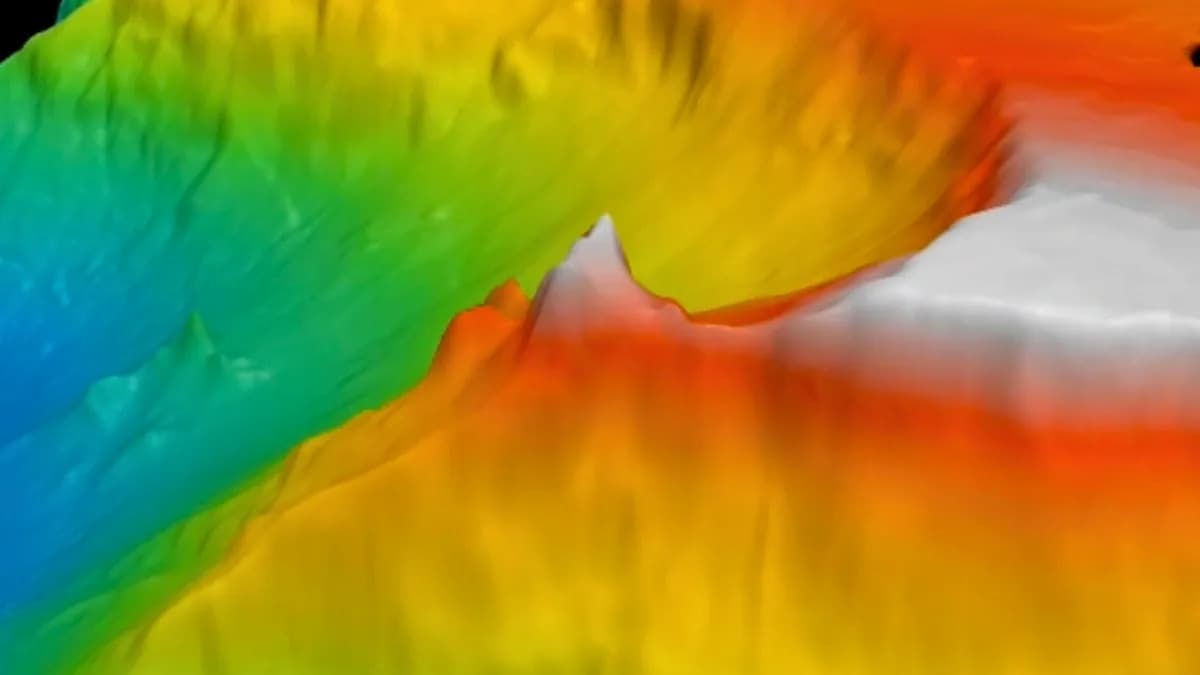The article explains why a viral Facebook claim that oil forms in the Earth's mantle is incorrect. Mainstream science and the U.S. Energy Information Administration show petroleum originates from ancient plants, algae and microorganisms transformed by heat and pressure over millions of years. Evidence such as carbon isotope ratios and fossil biomarkers supports a biological origin, while the abiogenic mantle hypothesis lacks support for commercial oil deposits. Understanding this helps inform energy policy and the transition to cleaner fuels.
Viral Claim That Oil Comes From Earth’s Mantle Debunked — Here’s What Science Actually Shows

Viral Facebook screenshot sparks debate — science settles it
A screenshot of a Facebook comment shared on Reddit's r/confidentlyincorrect claimed that petroleum forms in the Earth's mantle. That confident assertion is incorrect: decades of geological and geochemical research show that petroleum is a fossil fuel produced from ancient organic material.
How petroleum really forms
According to the U.S. Energy Information Administration and mainstream geology, petroleum originates from the remains of plants, algae and microorganisms that accumulated in sediments millions of years ago. As those layers of organic-rich sediment were buried over geologic time, heat and pressure converted the material into hydrocarbons such as crude oil and natural gas. This transformation is well documented by field studies and laboratory analyses.
Why the mantle-origin claim is wrong
Some proponents revive an older idea known as the abiogenic petroleum hypothesis, which suggests hydrocarbons can form deep in the mantle without biological input. That idea received limited attention in the mid-20th century, but subsequent decades of data have not supported it as an explanation for commercial oil deposits. Instead, multiple lines of evidence point to a biological origin:
- Carbon isotope ratios in petroleum match those expected from ancient biological carbon, not mantle chemistry.
- Biomarkers — fossilized molecular remnants of once-living organisms — are routinely found in crude oil and link it to specific biological sources.
- Geologic context of oil fields frequently shows sedimentary basins with the right burial history and source rocks for oil formation.
Why this matters
Understanding petroleum's biological origin is not just an academic point. It matters for resource assessment and energy policy: oil reserves are finite because they form over millions of years, and continued reliance on fossil fuels carries documented environmental and public-health costs. Clear scientific communication helps policymakers and the public evaluate energy choices and prioritize cleaner alternatives like wind, solar and efficiency improvements.
'This guy is so wrong,' one Redditor wrote, capturing the thread's reaction. Others warned that confident misinformation can spread quickly, which is why accurate explanations are important.
In short, while hydrocarbons do exist in many geological settings, nearly all commercially exploited petroleum is derived from ancient biological material transformed by heat and pressure — not from direct mantle production.
Help us improve.




























